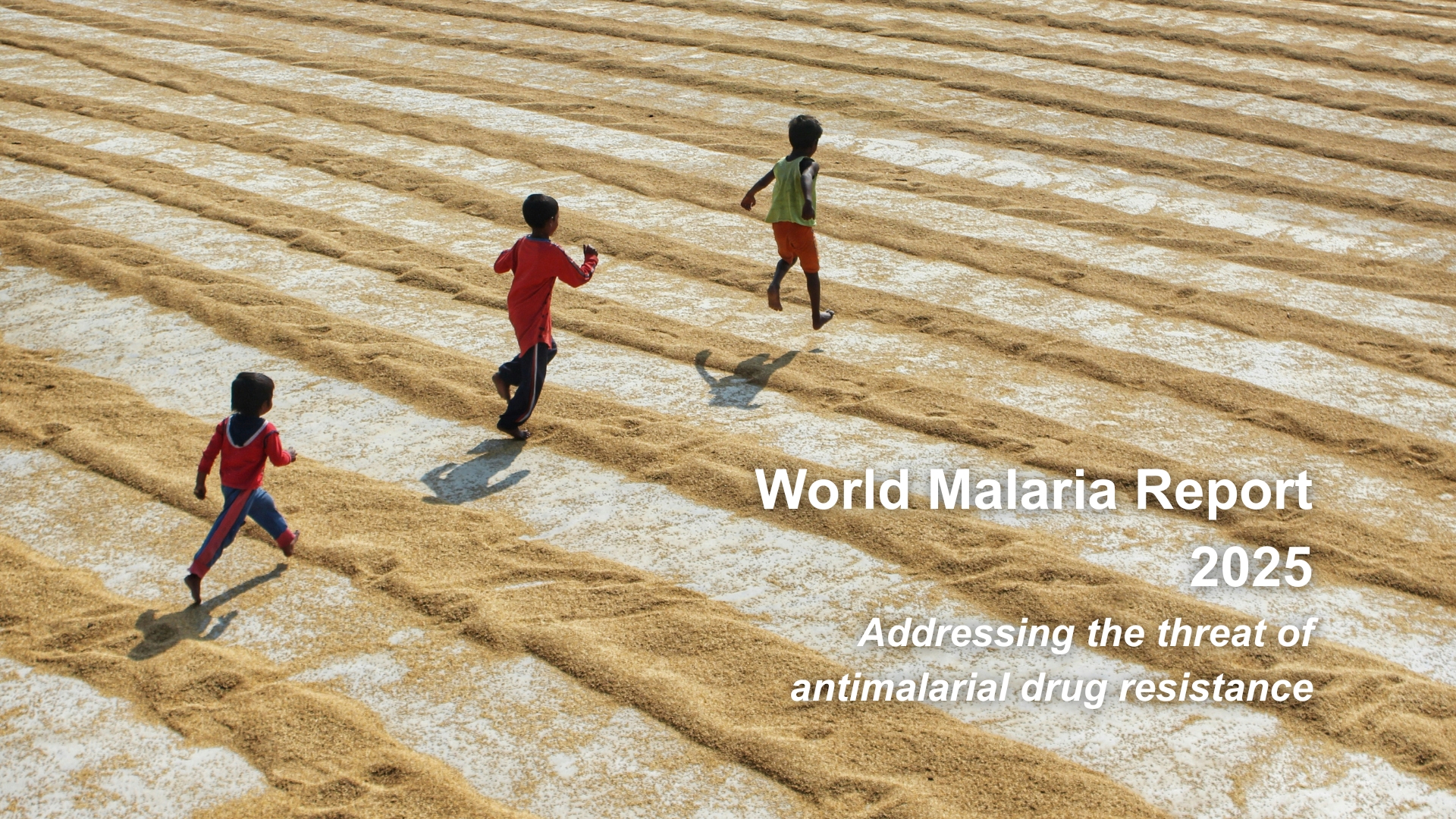
The 13th East Asia Summit (EAS) saw the region’s leaders take another step towards an Asia-Pacific free of malaria. At the November 14-15 2018 gathering in Singapore, they reaffirmed their commitment to that goal and, importantly, they put their weight behind the efforts underway across the region to act on the Asia Pacific Leaders’ Malaria Elimination Roadmap.1
Twenty-two heads of government in Asia-Pacific have committed to eliminating malaria by 2030, including 18 represented by the EAS group, a promise that was made four years ago at the 9th EAS summit in 2014. For this commitment to translate into action, however, requires sustained political will, and so this most recent commitment at the EAS is critical.
As the region’s leaders left Singapore and reflected on what the event had achieved, they didn’t need to wait long for reassurance that malaria elimination deserves to be one of their public health and regional health security priorities. Four days later, the World Health Organization (WHO) launched the 2018 World malaria report, which showed that globally, for the second year running, progress in malaria control has stalled. In 2017, there were an estimated 219 million cases of malaria, compared to 207 million in 2016.2
There was some good news for regional leaders in the report: whilst global malaria cases have remained flat, confirmed malaria cases in the 24 countries of APLMA have dropped by 27% in the last five years. As a region, we are on the right trajectory.
In its report, WHO report highlights the crucial role that domestic responsibility must play to end the threat of malaria. Across our region, countries are launching national malaria taskforces spanning ministries and sectors, and the domestic financing commitments that will fuel the action behind the words are estimated to have doubled in the period 2012-2020. By reaffirming their commitment to a malaria-free Asia-Pacific, the delegates to the EAS played their part in ensuring that domestic commitment continues.
A statement of united political will, a regional roadmap, and a commitment to national action are all prerequisites for malaria elimination, but these factors alone are still not enough. Ending malaria as a public health threat demands actions across all sectors of society. APLMA and the Asia Pacific Malaria Elimination Network (APMEN,) are working together to address countries’ technical needs, promote collaboration across countries and ministries, and broker vital partnerships with the corporate sector and development financing institutions, to ensure that by 2030, the scourge of malaria is behind us.
.svg)


.jpg)






